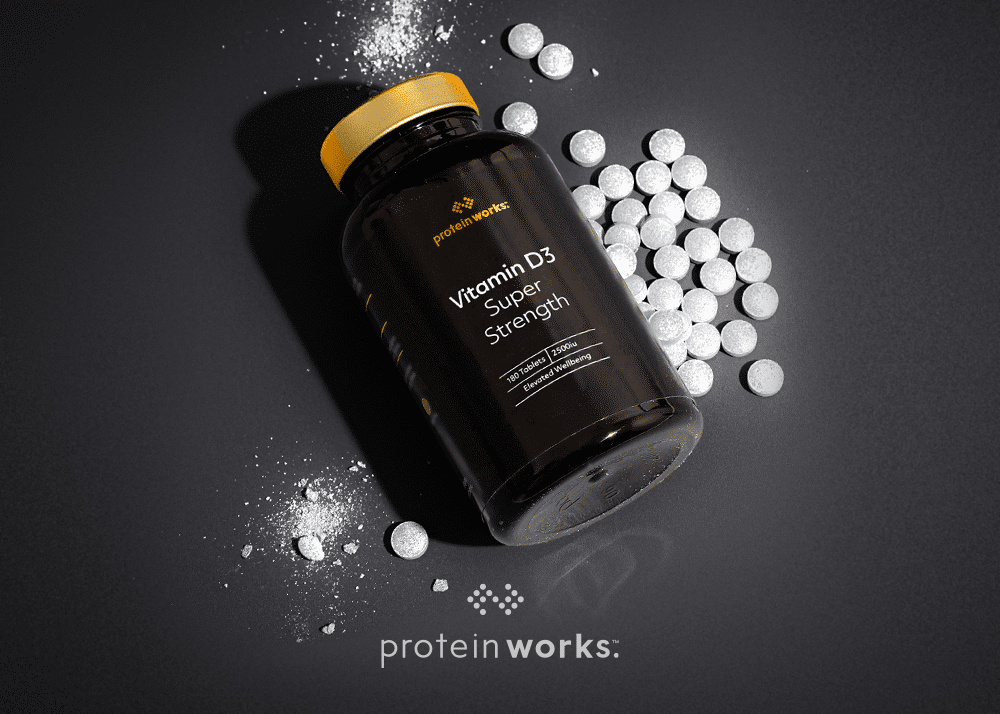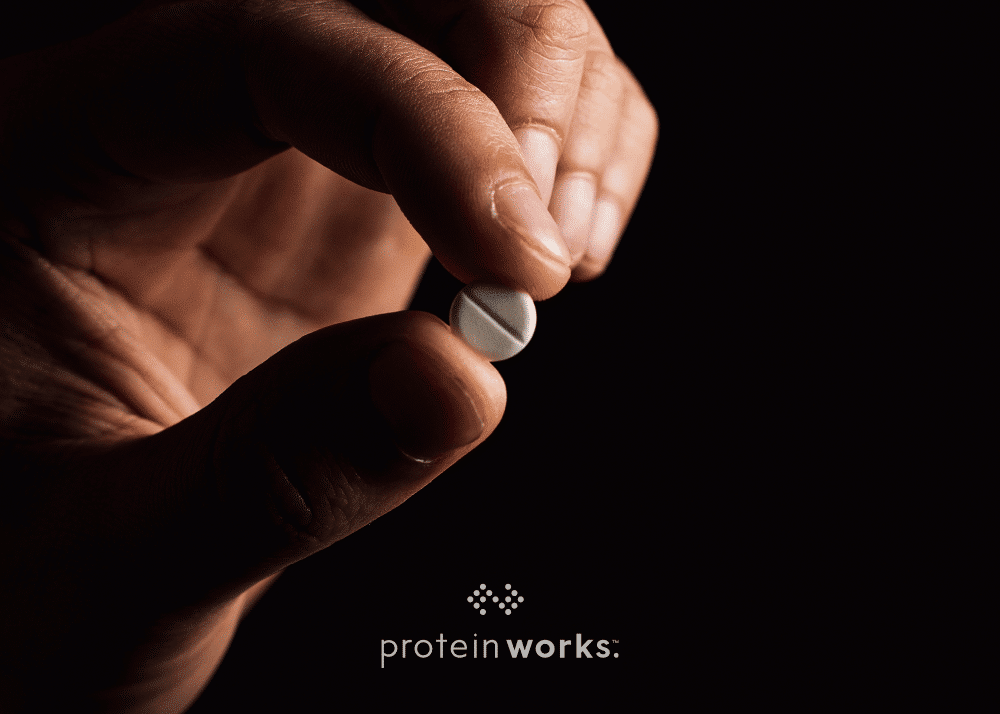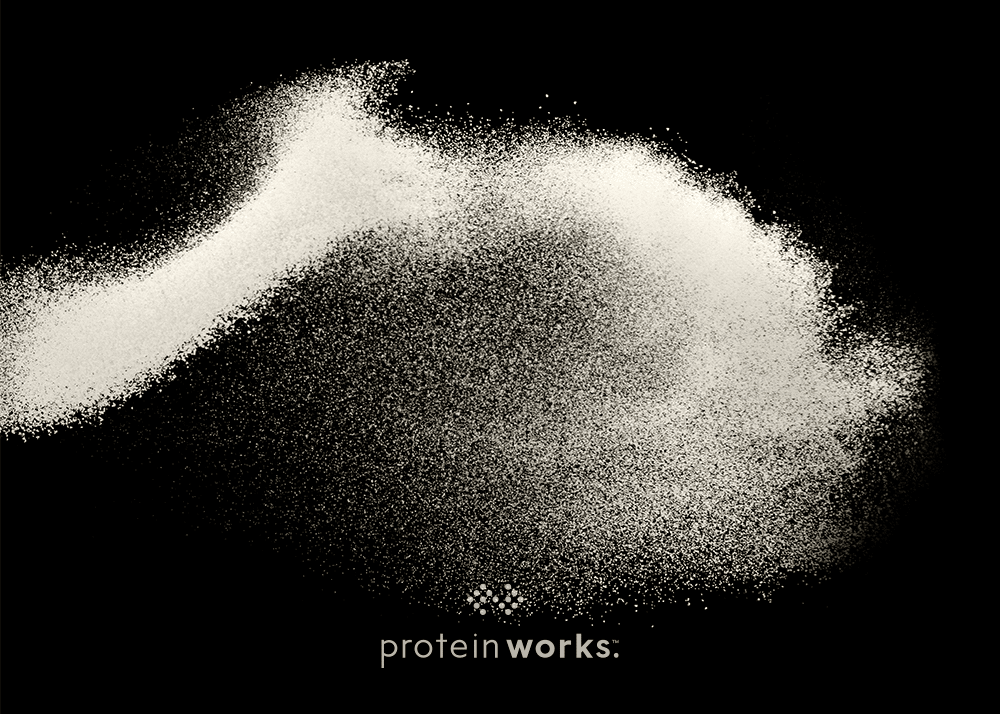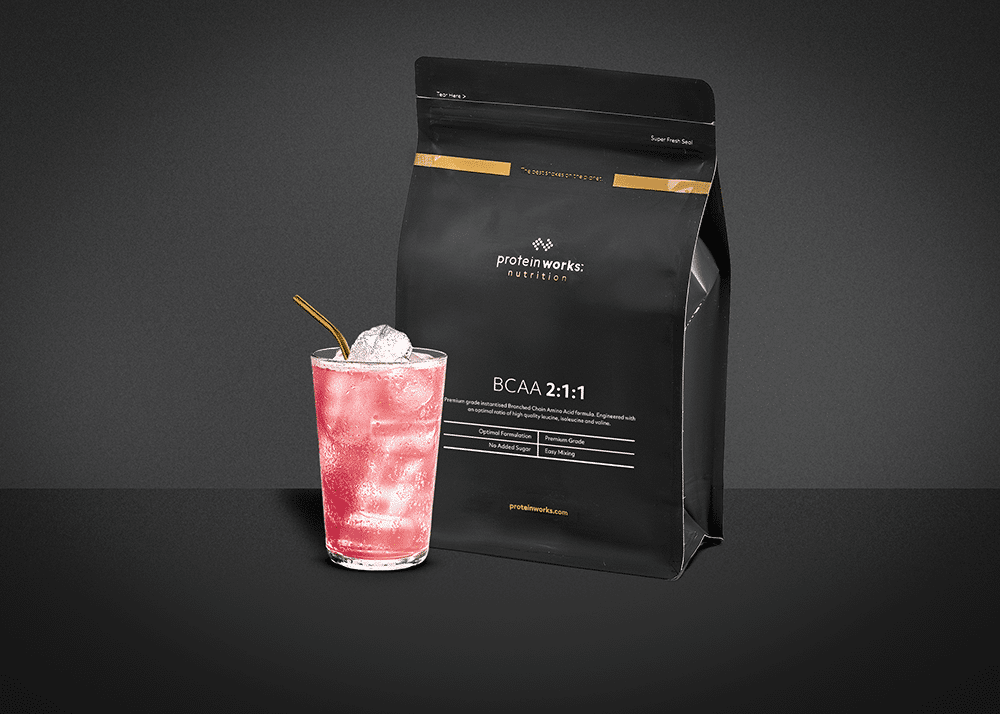
How To “Do” Pre-workout Supplementation
Creatine is an everyday supplement. It is useful for almost all activities and it doesn’t need to be cycled. The same can largely be said of beta-alanine. The same cannot so easily be said, however, of most other pre-workout ingredients. Rather than just throwing all your ingredients together in a daily, perfunctory ritual, it makes sense to target-deploy your supplements according to various factors: your daily training versus non-training status, your stimulant tolerance, your immediate goals, and even the style of training that you are using.
Pre-resting nutrition?

Also, because daily function and health directly influences performance and body composition, it makes sense to take your salts and your vitamins/minerals and your greens drinks every day. This game isn’t just about that productive hour in the gym, it’s a full-time responsibility.
Know when you need it
Another reason to be wary of ultra-regular stimulant usage (aside from specificity of implementation, and its hormonal register – think cortisol!) is that word that all of us coffee-addicts have heard before, tolerance. Rising tolerance means decreasing safety (and economical efficiency). Whilst the average human can handle quite a lot of caffeine without any adverse side-effects, the upper safe limit and the clinically tested dosage for ergogenic effects are quite close – and this becomes more problematic as tolerance is increased and more caffeine is required for that “buzz”. The answer to this problem? My favourite word – periodization. Time your pre-workout usage with your programme.
The way I see it, when you start any new programme, you will be enthusiastic and well-rested enough, not to mention not adapted to the programme, in order to make solid progress for the first few weeks without that pre-workout boost. So that is what I advise: take advantage of stimulants’ ability to break through plateaus by introducing them to your programme only when your numbers stop progressing. That way you can keep improving week on week for twice as long (then, when this stalls, increase your dosage if you must; or even better: take a de-load). Who says progress can’t be linear?
What are you training for?
The final issue we have with a generic application of pre-workout supplementation is a lacking consideration of the type of training to which it applies. It is fairly widely accepted now that hypertrophy is positively influenced by the “pump” (probably due more to metabolic stress than nutrient delivery) and so nitric oxide products such as Nitro Works are absolutely worth including in a muscle-building supplementation protocol. More swelling means more muscle damage, too, which leads on to my counterpoint.
Whilst micro-tears in the muscle are great for hypertrophy, a rather more macro muscle tear, caused by a massive load straining a blood-engorged muscle, is less than ideal. That is why I advise strength and power athletes to focus their pre-workout nutrition more on nootropics and (usually vasoconstricting) stimulants, rather than N.O. increasing ingredients – and fats like coconut oil, rather than carbs like waxy maize – when working with supramaximal loads.
Take-home points:
1. Don’t get amped-up with stims for a day at the office
2. Take your everydays every day
3. Time your pre-workout usage according to your programme
4. Take carbs and N.O. products for hypertrophy/strength-endurance/moderate-and high-rep sessions; take MCTs, stimulants and nootropics on strength/heavy-load, low-rep days






No Comments yet!